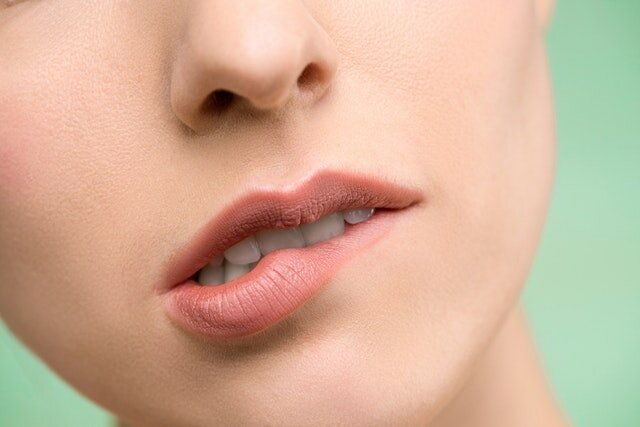How To Stop Biting Your Cheeks
By: Dr. Amy See
Cheek biting is a common habit and is actually very similar to nail-biting. Typically brought on by stress or when nervous, biting the inside of the cheek -- or the lips or tongue -- can be painful. We’re here to explain why and offer up some of the best ways to stop.
Identify the Cause
Before we discuss why biting any of the tissues in your mouth is bad for you, we should identify why it happens in the first place. If you catch your cheek in between your teeth while chewing and talking only on occasion, there’s probably nothing to be too concerned about. However, if this happens to you chronically, or if you nibble on your cheek constantly throughout the day, there may be a reason for concern.
Some of the common causes behind this behavior include:
a triggered reaction to stress
a subconscious reaction to boredom or being inactive
a coping method from emotional overload or emotional stress
Why Is It Bad?
First, any continued trauma to oral tissues can result in painful mouth sores which can become infected. Infection in the mouth is never a good thing and can actually be quite serious. Second, if you bite yourself quite often while eating, you may suffer from a misaligned bite (malocclusion). Malocclusion can lead to more serious problems like chronic headaches, a sore jaw, TMJ (temporomandibular disorder), and shifting of teeth. When your teeth don’t fit together neatly, there’s a greater chance of your cheek, lip, or tongue finding its way in between them causing you to crunch down on it (Ouch!).
Ways To STOP
No matter what the cause may be behind biting your cheeks, there are a few tips you can try to help stop it.
Figure out when you do it. If your lip or cheek biting is a result of stress or nerves as opposed to a bad bite, start paying attention to when you’re doing it and work to either avoid those triggers or work to consciously stop yourself.
Try chewing gum instead. This could be one of the substitute behaviors you do instead when you find yourself biting your cheeks.
Find a support system. Sometimes, you may not realize you’re biting so often. Talk with trusted friends or coworkers about trying to stop the habit and ask them to help you identify when you do it.
Do something different! Try to identify the triggers that make this habit kick in for you, and then replace the cheek biting with a different activity. A common reason behind cheek biting can be triggered by boredom. If you find yourself nibbling away while watching TV, get up, get active, and do something different!
See your dentist. If you believe your bite may be contributing to your chronic biting, talk with your dentist for advice on how to help.
If you suffer from chronically biting your cheeks, lip, or tongue, schedule an appointment at our dental office in Rolesville. We’ll check any active sores you have for infection and help treat them if necessary, and work with you to determine not only what’s causing you to bite so often, but also the best ways to help you stop.
